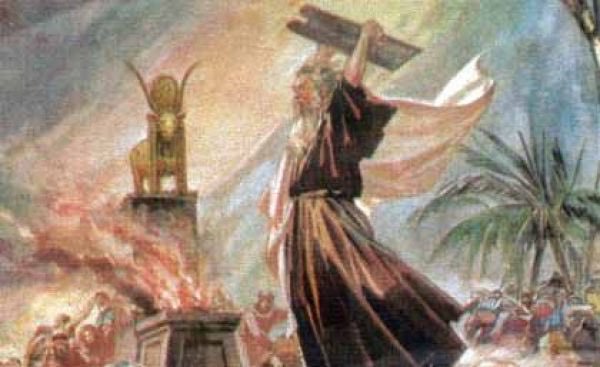
Forgive Yourself – Accept Yourself
Maybe I’m projecting, but I notice people around me that overall seem happy. They seem like easy going people, but, they also seem to be carrying a lot around with them. And I’m not talking about a few extra pounds. There seems to be a package of sorts (or peckel in Yiddish) of troubles, anxiety, a burden, a weight.
Come to think of it, there are very few people who don’t carry a package around. It could be someone in their lives today that is their package. It could be something in their lives, financial difficulties, health issues; theirs or a loved ones. It could also be something from their past, their childhood, an abusive parent, a nasty teacher, a traumatic event. It could also be and often is, the choices that we’ve made in the past or in the present that become the peckel we carry around. The list of possibilities goes on.
These experiences combined with perspectives on how to view them that we were taught or adopted shape us and shape how much of those experiences we carry around with us.
If we were raised with complaining and kvetchy parents we might experience everything in a negative light. Conversely, if our parents were happy and easy going we may have a positive attitude towards things.
We may be wired one way or the other. Or we may have worked on developing a healthy attitude or may have chosen to be a negative person.
Some people are really easy on themselves. They don’t care much about what others think of them. They do the right thing most of the time. And when they do the wrong thing, they make amends and move on. They don’t seem to carry around too much.
Others take it all in. Everything is an event. Everything is intense.
Yet others find themselves somewhere in the middle.
In our Jewish collective experience we have stories that inform on our present consciousness and choices that our ancestors made that effect us today.
In this week’s Torah portion, Moses continues his recounting of the Jewish journeys from the Exodus and his final instruction to his People prior to his passing.
Moses says; I grabbed onto them and I broke them before your eyes. Moses is referring to the Tablets, the Luchos which G-d had given the Jewish People. When Moses descends from the mountain after 40 days he sees the Jewish People worshiping a Golden Calf. Moses takes the Tablets and smashes them.
According to one beautiful commentary the reason the Torah says that Moses grabbed on to the Tablets even though he was already holding them was to teach us something profound about Moses and perhaps on how we need to deal with the past.
In Jewish Law one of the methods of acquisition is to grab on to something and draw it towards yourself in an act of ownership.
This particular commentator explains that Moses was taking personal ownership for the Tablets and therefore whatever was to transpire from that point forward was his and his alone. Yes, the Jewish People would witness it and be saddened by it and would carry it in our tradition for years to come.
Internally, however this was Moses tablets that he was breaking. It was his personal event and not something that should ever hold us back from our relationship with G-d as a People.
Yes, we all experience things, we witness tragic and traumatic things. But we need to learn to forgive ourselves and those around us. We need to learn not to own all of the events around us. Even things as serious and dramatic as the breaking of the Tablets don’t need to become a hindrance to our relationship with Hashem and our ability to move forward and grow.
Best wishes for a Good Shabbos!
